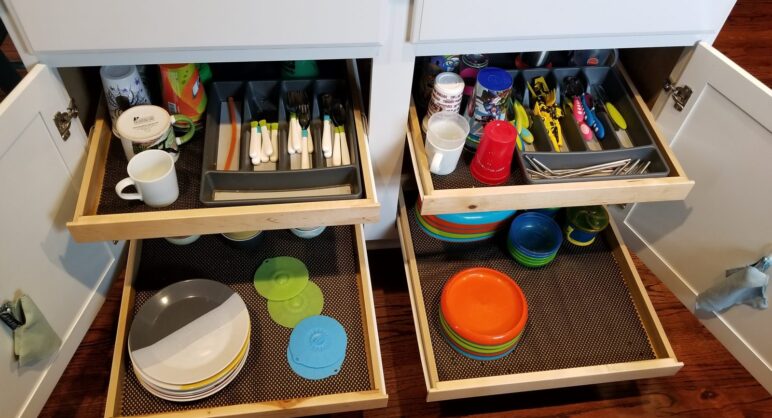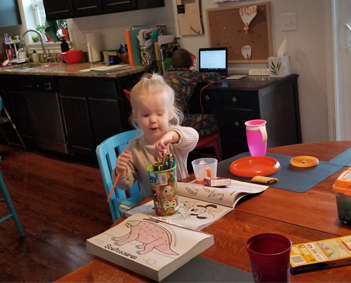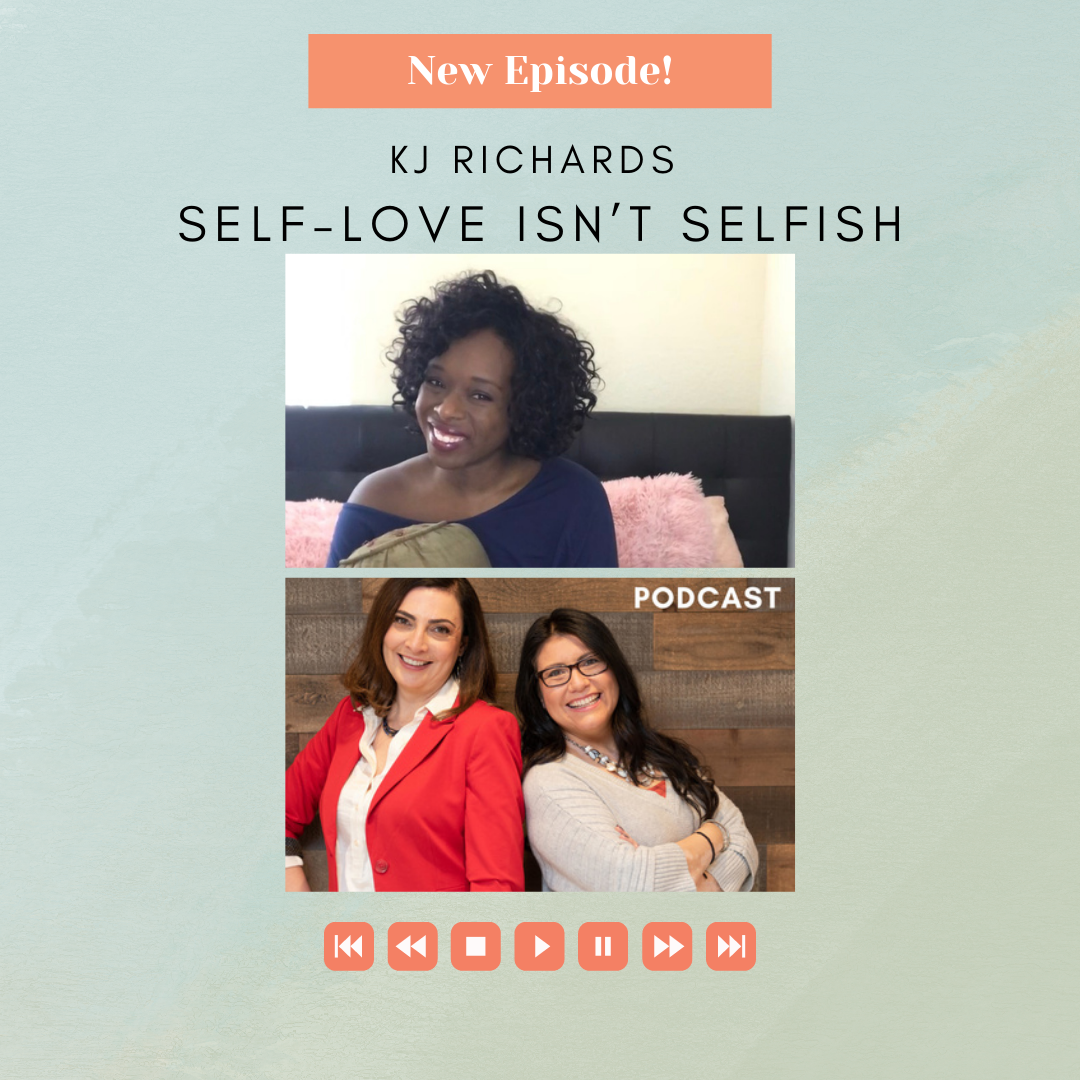
6 Tips for Independent Kids
Independence is the ultimate goal of parenting. We all want to raise independent kids who are capable of moving out and taking care of themselves as fully functional adults. Yet, we tend to baby our children and dote on them longer than we need to. Our kids are far more capable of doing things for themselves than we tend to give them credit for. We put on their coats and shoes for them because it is faster when we do it, or we don’t want to fight them to do it. However, when we continually do things for our children that they are capable of doing themselves, we are stunting their personal development. We aren’t allowing them to practice the life skills they will need when they are older. Children want to do to be indepenent, and here are 6 ways that you can give them that freedom.
6 Ways to Help Your Child Become More Independent:
-
Let them get dressed.
Allow your kids to pick out their own clothes and put them on. You may have to help a 2-year-old with getting their shirt on, but other than that, they should be able to do it independently. Will you need to correct some backward or inside out clothing? Yes. Will they sometimes look ridiculous? Yes. The other day my 3-year-old wore a red Christmas sweater, orange and black dinosaur “comfy” pants, and then topped it all off with a navy blue clip-on tie. True story. My rule is that as long as their choices are weather appropriate, I will not interfere with what they choose to wear.
-
Make the kitchen more accessible.
Move the kid’s dishes, cups, and utensils to a lower cabinet so that your kids can easily get their things. You can then ask them to set their places at the table for you, put clean dishes away, and even get their own cup out when they are thirsty. Additionally, add a step stool in your kitchen so

your kids can reach the sink. This allows for easy access to rinsing dishes or washing hands. Move around the kid’s food so it is accessible as well. Put milk, juice or water into a container with a pour spout so kids can easily serve their own drinks. Move the kid-friendly snack foods to the lower shelves of the fridge and the pantry so the kids can easily reach them. You don’t want to bend over to get stuff from those shelves anyway.
- Give your child chores. What?! Giving a child a list of daily and/or weekly chores allows them to

practice life skills. You can also award an allowance to older kids who do their chores. Chore charts are an easy way to keep track of which chores are done, and which ones need to be done. In my house, I have a list of daily chores for my 3-year-old, and a list of daily and weekly chores for my 6-year-old. I keep these lists in a cheap dollar store picture frame, and we use a dry erase marker to mark the chores they have done. Chores teach responsibility, and responsibility is a good foundation for independence.
-
Let them play.
Free play is important for a child’s development, both socially and emotionally. However, this play needs to be completely free of adult interaction. It is when the adults are not around that children develop skills for themselves. Like problem-solving, cooperation, sharing, empathy, emotional strength, and resilience. They also get to develop their creativity. They learn by doing, by figuring things out. If you allow them to have the space to develop and explore their world on their own, then they will be better equipped and more confident; more ready to live an independent life.
-
Give them extra time.
If you want your kids to get dressed by themselves, then you can’t be asking them to get ready 5 minutes before you need to be out the door; the same goes with putting on shoes. They are new at these tasks, and they will take (what seems like) forever to do so. You need to allow them extra time to figure out how to do it, and how to do it right. If you want them to help you in the kitchen, know that they will cause a bigger mess than you would, so you will have to allow extra time to clean up. Have them help you clean up, but it will take longer. Learning to complete any task is something that takes time and practice. If you do not allow them that extra time, they will become frustrated and give up. For kids, being independent is something they need time to practice.
-
Allow them to make mistakes.
When your child makes mistakes, in homework, play, or whenever, they are given the opportunity to learn from their mistakes. Mistakes allow kids to learn cause and effect, they allow the opportunity for a child to reflect and rethink a situation, and they learn how to better do something the next time. When you see your child struggling with something, or see that they are about to make a mistake, don’t jump in to correct them. If you do, you are only robbing them of independent thinking and reflection. Observe what they are doing, and after a while, you can offer assistance (if necessary). Maybe all you need to do is talk to them about their choices or actions after the fact. But mistakes are a part of life, and they need to know that a) it’s ok to make mistakes, and b) mistakes are good learning opportunities.




